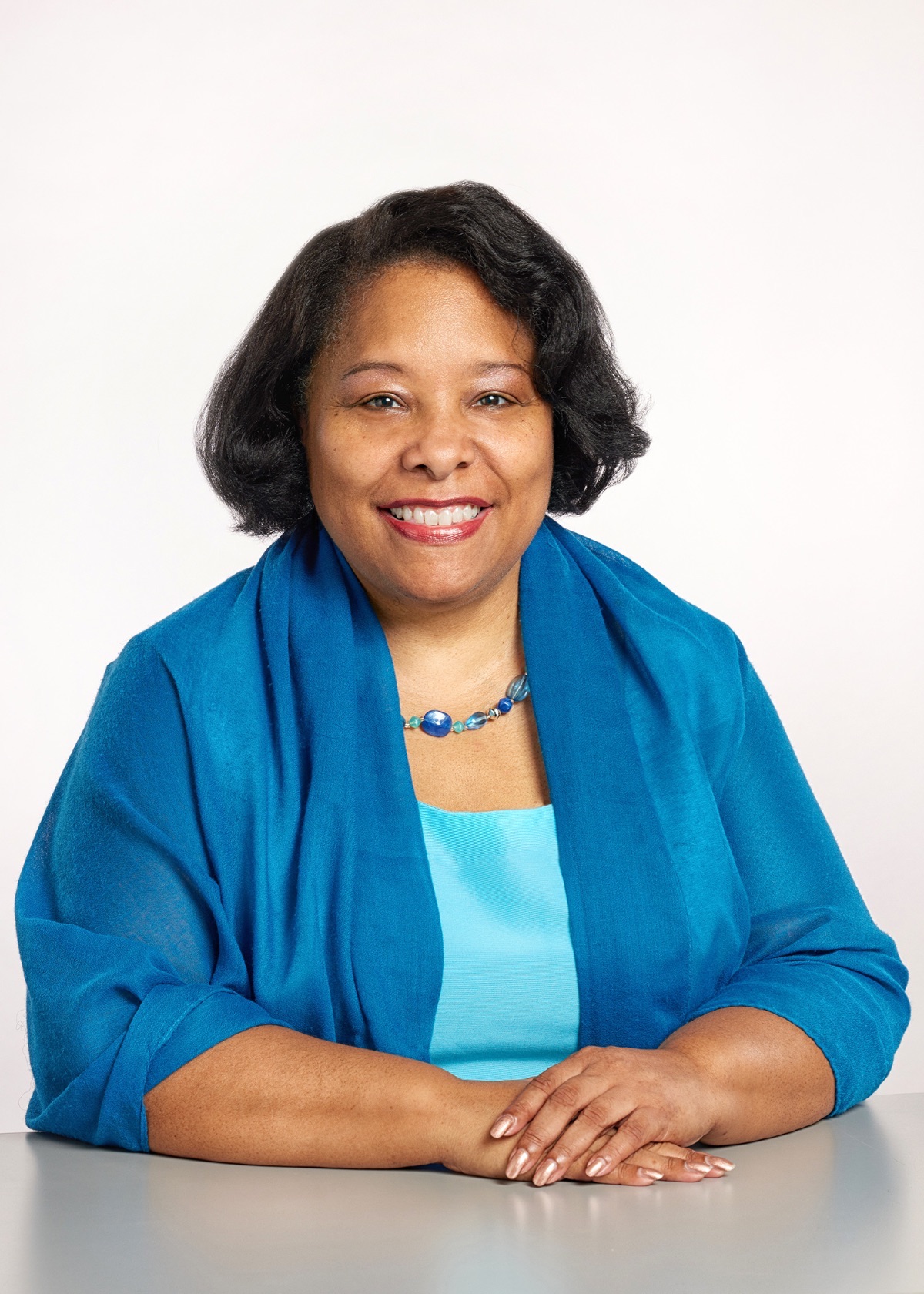
by Tamara Hull, LGMFT
December 3rd, 2021
Q: On behalf of the Relationship Counseling Center of Maryland (RCC), thank you for being on staff as a therapist! What has been the most exciting part in working with RCC and its clients?
A: The most exciting part of working with RCC and its clients has been being part of a warm, caring, and highly skilled team that is focused on supporting each other and helping every client produce the results they are seeking. I love the fact that while we may be working independently to serve RCC’s amazing, courageous, and fiercely committed clients; we are not doing it alone!
Q: In your style of therapy, do you like to tackle the main issue head-on, or focus on the deeper issues first?
A: I believe all relationships, including those between therapists and clients, build over time as both parties grow in trusting and investing in each other. Consequently, in my style of therapy, I like to address each client’s stated goals first and address the deeper issues as they naturally unfold throughout the course of therapy.
Q: Have you yourself been to therapy?
A: Yes! I sought the services of a therapist in my 20’s to help me with a long-term relationship that I found particularly troubling. I have never forgotten how helpful it was to have the support of my therapist as I went through a significant transition in my life. That early therapeutic relationship helped start me on a journey of personal growth and development that still continues today, and I hope, will continue to unfold and expand throughout the rest of my lifetime!
Q: What was the moment you realized you wanted to be a marriage and family therapist?
A: I was in a personal growth and development workshop segment that focused on pursuing your dreams, when I realized I wanted to be a marriage and family therapist. At that point, all of the training, skills and experiences gained throughout my whole lifetime culminated in a flash of insight and inspiration. It occurred like the last, giant piece of a jigsaw puzzle being settled into place so that I could clearly see my purpose and vision for the future, in the context of all that I had already accomplished in the past. Afterwards, I started taking steps towards my vision, (including returning to graduate school), and I began happily working as a licensed clinician in the field less than 3 years later.
Q: What do you like most about working with people?
A: I feel it is the ultimate challenge, responsibility, privilege, and reward to work with people and walk with them through some of their most difficult challenges. I find it inspiring and deeply satisfying to support my clients as they have breakthroughs and take new actions that help them create the kinds of relationships and experiences they want for themselves.
Q: Outside of being a therapist, what are some of your hobbies?
A: Outside of being a therapist, I enjoy singing, photography, planning and attending fun social gatherings to connect with family and friends, traveling, beach-going, and interior decorating.
Q: What do you do for self-care?
A: For self-care, I seek to maintain a healthy balance in my life which includes attending to my spiritual, physical, financial, emotional, occupational, and social health. I prioritize spending time with family and friends, engaging in Bible study to ground me and give me perspective, and taking long walks to enjoy the outdoors (including spending time at the MD/DE beaches). I also maintain my own therapy as a commitment to my self-care. For me, it is both an act of “pouring in” to myself so that I can “pour myself out” for my clients from a “full cup,” and it also helps me stay in touch with the experience of being a client.
Q: In your experience, what is the most important thing that can strengthen a relationship?
A: I think the most important thing that can be done to strengthen a relationship is to actively listen to your partner with compassion and an open mind. Specifically, I believe this includes seeking to understand situations from your partner’s perspective and demonstrating to them that you really heard and understood what they have said (regardless of whether you agree with their thoughts or not).


